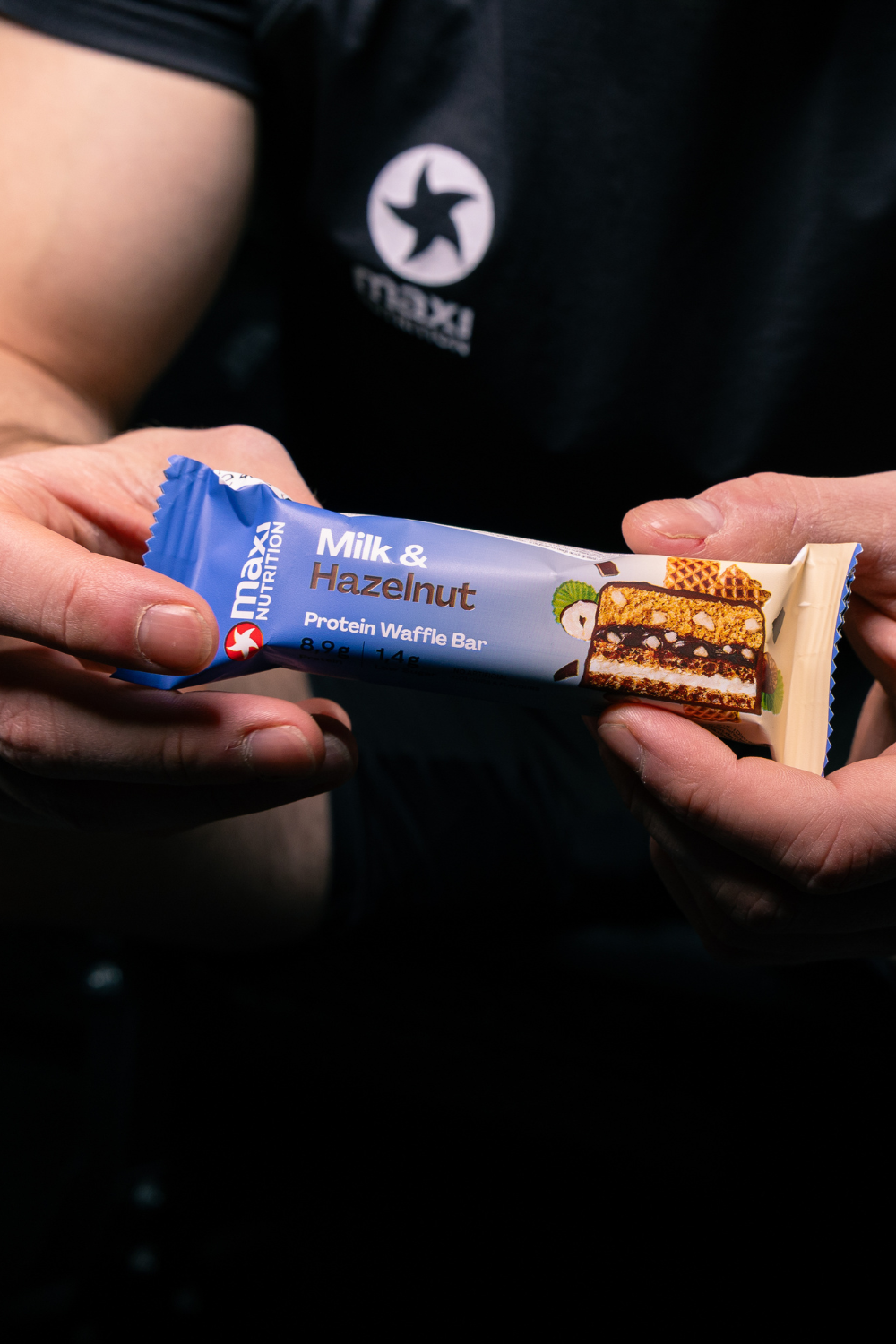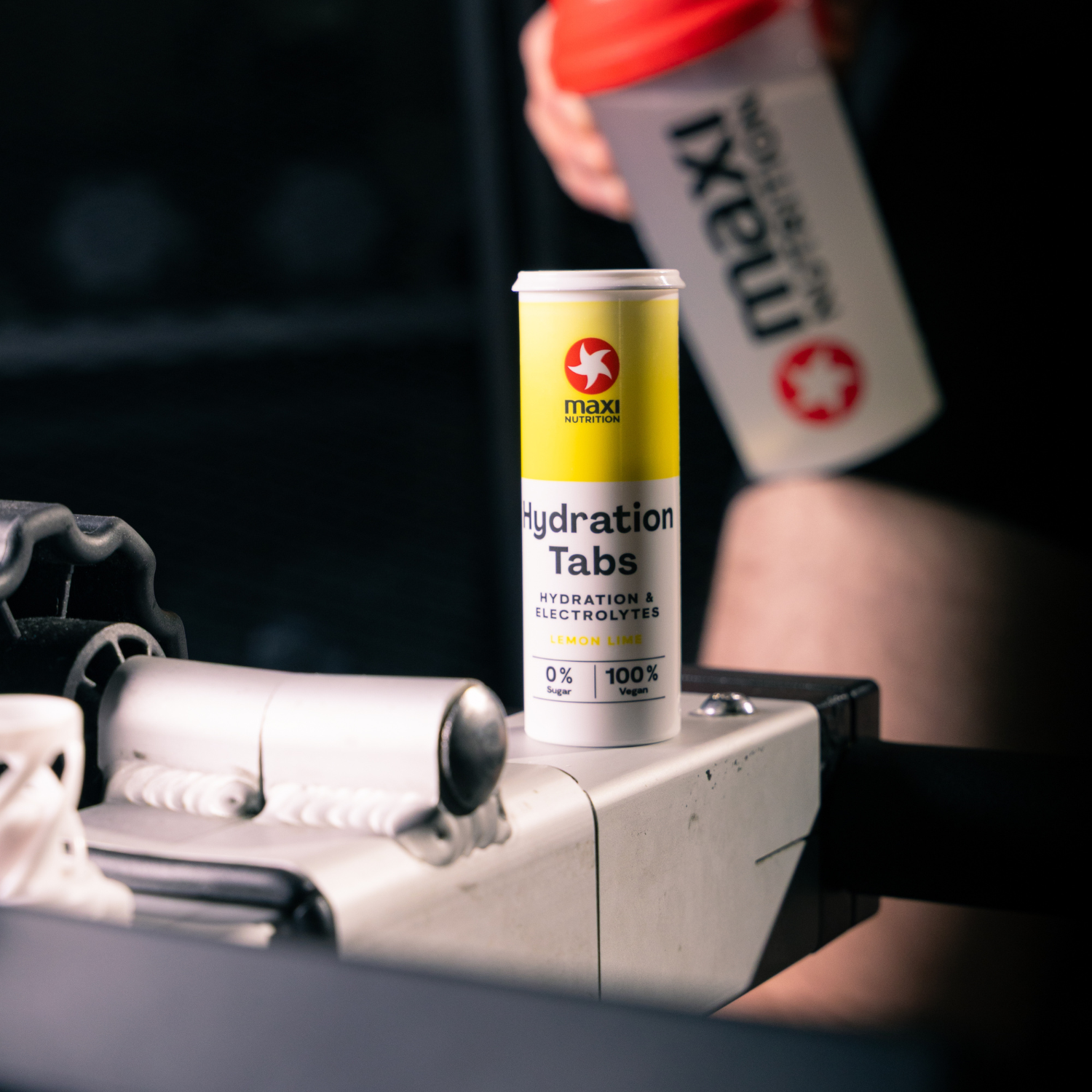"I've been doing it for the last 30 years.”
If you work in strength and conditioning and you make some attempt to stay up to date with current trends and research in the industry, chances are you have come across the person who responds to the awkward question with something like the statement above.
But the question is, is it okay to rely on this type of response to a question regarding the rationale of yourprogrammes, sessions, philosophy or whatever else can be called into question?
For me as always, the answer is it depends. There are certain questions that have pretty solid answers that everyone should be expected to know the correct answer and implement in their programmes.
- “How many reps and sets for strength, power endurance etc etc? ”
- “What work to rest ratio for speed/plyometrics?”
- “Is static stretching appropriate immediately before power training?”
It is pretty clear cut these days and should be administered accordingly. However there is a lot of other stuffthat actually does not have a solid scientific background that we use everyday, which makes questions in ourprogrammes difficult to answer. Such as:
- “Why do you put glute activation work into that session?”
- “Why would you choose to do contrast or complex training and can you justify the rest interval you are using?
- “ Why do you make your athletes take vitamin D?”
The list goes on and on and the answer to these questions will generally be an opinion rather than a fact backed up by hard scientific evidence. I think that there is a trend in strength and conditioning to come down hard on people who don’t come from a rock solid science based philosophy of programme design and implementation.
My feeling is that as long as you can come up with a rationale for the exercise/supplement/programme design etc that you are prescribing as the coach that is okay! It’s okay because we are coaches after all aren’t we? And it’s okay to try things out and be creative.
We need to ideally be in a position to measure improvements subjectively and objectively if possible as a result of these interventions whether it’s through performance gains, movement analysis etc, however sometimes you just have to go with your opinion that something works and run with it. I’m certainly not a scientist, I love the science behind training and make an attempt to stay up to date with the research, but in truth it would be detrimental to my programmes to take the pure science approach because I would have to take out some things that I really believe in as a coach.
As coaches we need to stay on the cutting edge of the research and use it to guide and inform our practice rather than dictate what we do and don’t prescribe, but don’t forget that it’s our coaching that gets the results, not the science. It’s our coaching that improves people and it’s our creativity that provides the scientists with things to investigate. The coaches lead the scientists not the other way round and that's the way it always should be.
Article by Brendan Chaplin, Founder of Strength & Conditioning Education
Brendan Chaplin MSc CSCS ASCC is a performance specialist and strength and conditioning coach. Currently he is the founder and managing director of Strength & Conditioning Education where he provides coaches with the tools and resources to develop themselves to their best and raise industry standard.Follow him on twitter @BrendanChaplin and checkout his website.








































